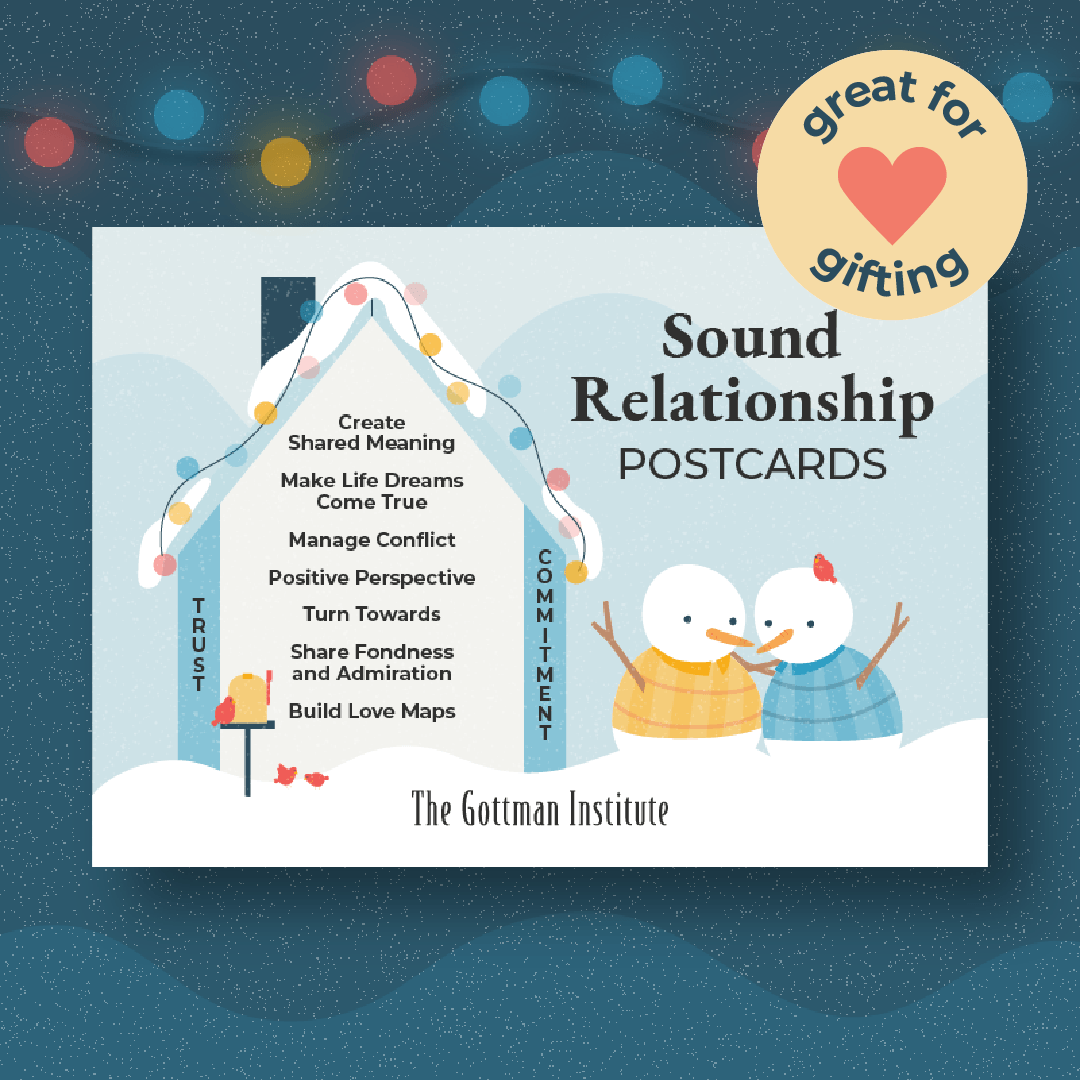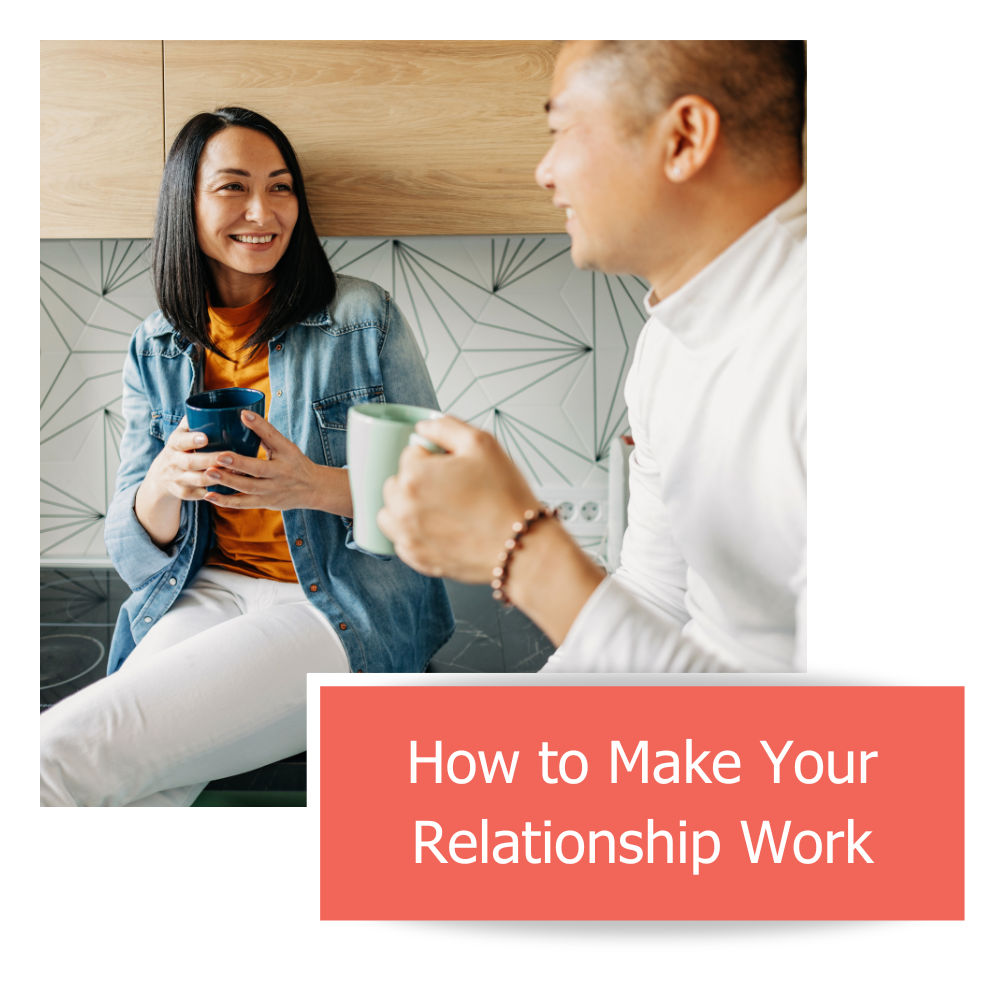Do you “give thanks” before meals? If so, to whom? Or to what? Does it matter? If you don’t give thanks, why not?
What is the most thoughtful gift you ever received? What made it special? Was it the gift or the giver? How did you show thanks for the gift? Do you still need to do that?
What special traditions, rituals, or habits do you have around Thanksgiving? How do those traditions make you more grateful? What if you celebrated Thanksgiving more than once a year?
Have you ever really thought about gratitude? About gratefulness? About thanksgiving? I mean, really thought about it?
My guess is that most of us haven’t. I have a friend who describes himself as a “gratefulness mystic” in the manner of Brother David Steindle-Rast. I have another friend who has become known as “That Gratitude Guy” and speaks regularly on the benefits of gratitude. I have another friend who works in fundraising. Most people assume he asks for money all day. He disputes that assumption saying that what he really does is say “thank you” all day. These friends have thought a lot about gratitude.
If you’re unfamiliar with the “manner of Brother David Steindle-Rast,” consider his thesis that if you want to be happy, be grateful. Steindle-Rast gently argues that grateful living comes from an awareness that “every moment is a given moment.” Every moment is worthy of gratitude. An abundance of gratitude translates into less fear and violence in the world. More contentment. Less scarcity. Maybe this is too mystical for you.
Maybe you’re more inclined toward facts than theories. Consider that contemporary research is starting to expand the science and practice of gratitude. Recent studies have shown that people who consistently practice gratitude have stronger immune systems and lower blood pressure. They have higher levels of positive emotions like joy, optimism, and happiness. They’re more inclined to “pay it forward” with generosity and compassion.
Maybe you’re more inclined toward obedience. The Apostle Paul implores us to “give thanks in all circumstances.” Jesus likes that. Maybe you’re more inclined toward etiquette. You definitely mailed your “thank you” notes before you celebrated your first anniversary. Maybe you’re inclined toward mid-90’s pop music. The band Geggy Tah celebrated gratitude in their one hit, Whoever You Are.
All I wanna do is to thank you
Even though I don’t know who you are
You let me change lanes
While I was driving in my car
Did you say “thank you?” You’re welcome.
What does this have to do with your relationships? Everything.
Gratitude is relational. It shifts our focus from ourselves to one another. I get it… we’re all narcissists. We’re all looking out for our own best interests, which may be great in the stock market, but doesn’t work that well in a marriage. Gratitude requires – actually invites – us to abandon our narcissism and remember that we are not alone. That reminder is a gift. Receive that gift and be thankful for it. The fact that you are not alone means that you can experience empathy, intimacy, and love.
Gratitude is the secret that could put therapists out of a job: if couples would shift from defensiveness and toward gratitude on their own, they wouldn’t need to seek counseling. The thing about gratitude is that it’s easy. All you have to do is say “Thank you for __________.” At first it may be hard to fill in the blank. But if you make it a habit, it becomes just that. Here’s a trick: Set an alarm on your phone or your watch or whatever, and when it goes off, send a quick note of thanks to your partner. See how long it takes them to notice.
They will notice. Everybody likes to be thanked. No one in the history of ever said, “Please don’t thank me, it makes me feel terrible.” Being appreciated feels great. It increases our sense of worth and value. And it’s contagious. I guarantee you that if you work gratitude into your relationship – even secretly – it will come back to you. Even if it doesn’t, you’ll feel happier and healthier.
Commit to thinking about gratitude and to injecting it into your relationships. It’s a simple, powerful way to strengthen the friendship level of Gottman’s Sound Relationship House. It accelerates the shift to the positive perspective and leads quite naturally to fueling fondness and admiration for one other. Gratitude is the rising tide that lifts all boats in the relationship.
Try becoming a “gratitude mystic.” Start by giving thanks before dinner. If only to begin your meal with something besides your hunger. Say “thank you” again for that really thoughtful gift. Consider having Thanksgiving dinner more than once a year. We’ve already got Christmas in July. Why not Thanksgiving in May? Mark your calendars now for May 22nd. And set the alarm on your phone.








